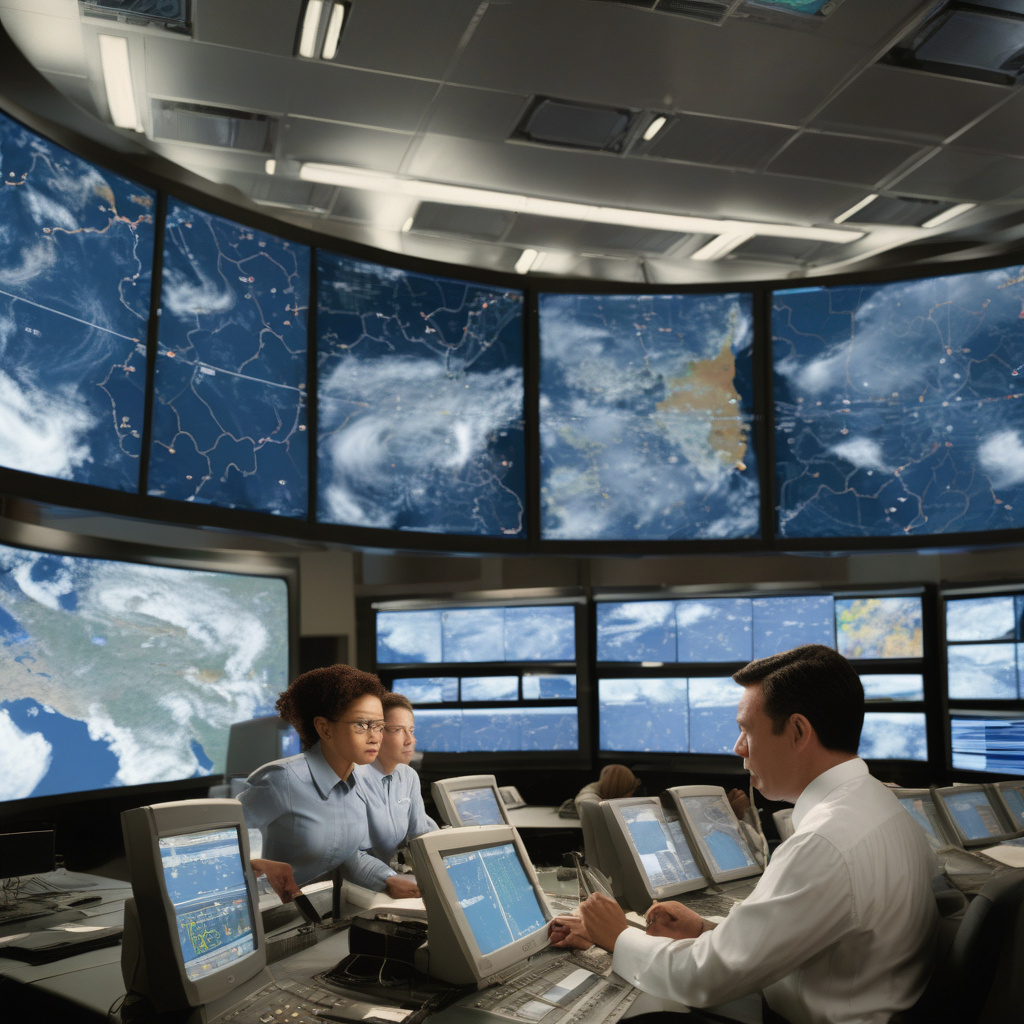AI-Enhanced Weather Forecasting: JMA to Test the Potential of Artificial Intelligence
The Japan Meteorological Agency (JMA) is gearing up to revolutionize its weather forecasting capabilities by incorporating artificial intelligence (AI) into its operations. By leveraging AI technologies, JMA aims to enhance its forecasting accuracy, improve pattern identification, and ultimately provide more precise and reliable weather predictions to the public.
Weather forecasting has always been a complex and challenging task, influenced by numerous variables and factors that can change rapidly. Traditional forecasting methods rely heavily on historical data, mathematical models, and meteorologists’ expertise to predict weather patterns. While these methods have proven effective to a certain extent, they are not always able to capture the full complexity and nuances of the atmosphere.
This is where AI comes into play. By harnessing the power of artificial intelligence, JMA hopes to analyze vast amounts of data in real-time, identify subtle patterns and correlations, and generate more accurate forecasts. AI algorithms can process data much faster than humans, enabling meteorologists to make more informed decisions and adjust their predictions accordingly.
One of the key advantages of AI-enhanced weather forecasting is its ability to adapt and learn from new data. As AI systems are exposed to more information and feedback, they can continuously improve their forecasting accuracy and refine their models. This adaptability is crucial in a field like meteorology, where conditions can change rapidly, and predictions need to be constantly updated.
Moreover, AI can help JMA overcome some of the limitations of traditional forecasting methods. By analyzing data from various sources, including satellites, weather stations, and sensors, AI algorithms can provide a more comprehensive and holistic view of the atmosphere. This multi-faceted approach allows meteorologists to detect early warning signs of severe weather events, such as hurricanes, typhoons, or tornadoes, and issue timely alerts to the public.
By integrating AI into its weather forecasting operations, JMA is not only aiming to improve the accuracy of its predictions but also enhance the overall efficiency of its services. AI technologies can automate routine tasks, such as data analysis and pattern recognition, freeing up meteorologists to focus on more strategic and high-level activities. This, in turn, can lead to faster response times, better resource allocation, and ultimately, more reliable weather forecasts.
As JMA prepares to test the potential of AI-enhanced weather forecasting, the meteorological community is closely watching the outcomes of this initiative. If successful, JMA’s adoption of AI technologies could set a new standard for weather forecasting agencies worldwide and inspire other organizations to explore the possibilities of artificial intelligence in their respective fields.
In conclusion, the integration of AI into weather forecasting represents a significant step forward in the quest for more accurate and reliable predictions. By leveraging the power of artificial intelligence, JMA aims to enhance its forecasting capabilities, identify complex weather patterns, and ultimately improve the quality of service it provides to the public. As technology continues to advance, we can expect AI to play an increasingly prominent role in shaping the future of meteorology and revolutionizing the way we predict and understand the weather.
#AI, #JMA, #weatherforecasting, #artificialintelligence, #meteorology
